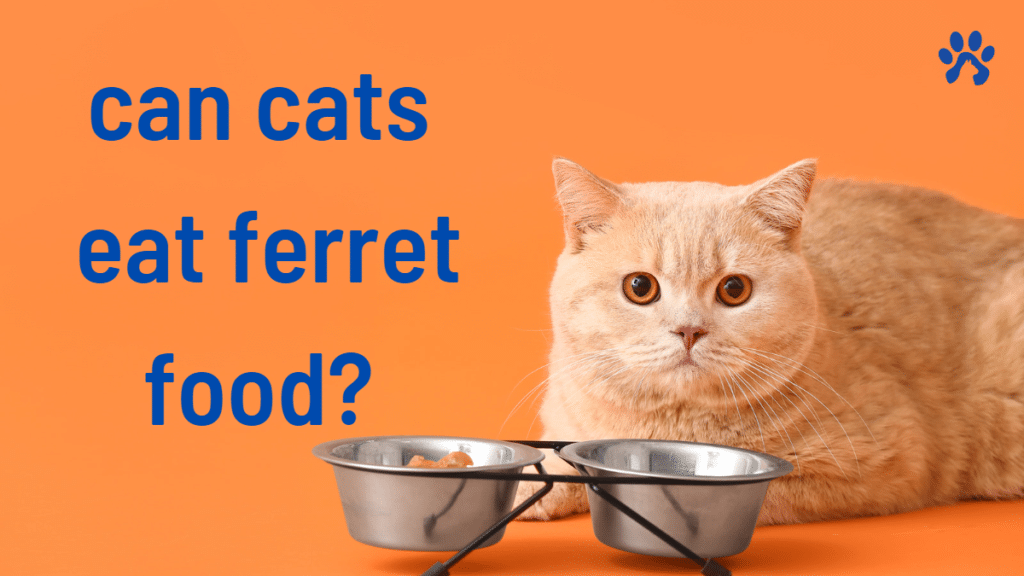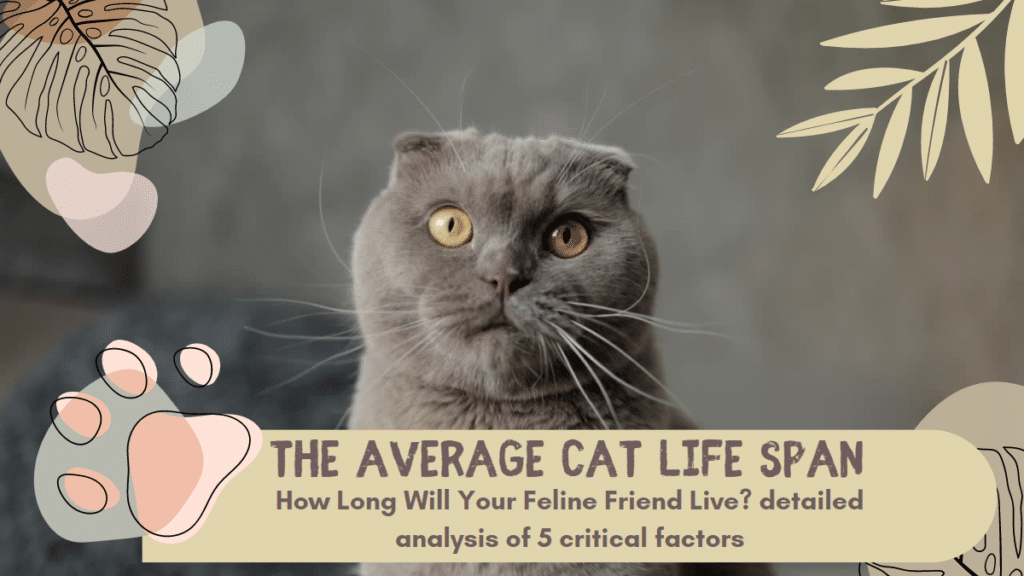Can buying equipoise Cats Eat Crab Rangoon:
Can cats eat crab rangoon?: As a cat owner, you may find yourself wondering about the safety of feeding your feline friend certain human foods. One such dish that often piques curiosity is crab rangoon. In this article, we will delve into the risks and benefits of feeding cats crab rangoon, providing you with the information you need to make an informed decision about your cat’s diet.
Understanding Crab Rangoon
Crab rangoon is a popular appetizer found in many Asian cuisines. It typically consists of a mixture of crab meat, cream cheese, scallions, and seasonings, wrapped in a wonton wrapper and deep-fried until golden and crispy. While humans may find this dish delicious, it’s essential to assess whether it is suitable for our feline companions.
Potential Risks of Feeding Crab Rangoon to Cats
- Digestive Issues: Cats have sensitive digestive systems, and certain ingredients in crab rangoon may not agree with them. Cream cheese, for example, is high in fat and lactose, which can lead to digestive upset, including diarrhea and vomiting.
- Allergic Reactions: Seafood allergies are not uncommon in cats. The crab meat used in crab rangoon may trigger an allergic reaction in some felines, causing symptoms such as itchiness, swelling, and difficulty breathing.
- High Sodium Content: Many commercial crab rangoon recipes include added salt for flavor. Cats have a low tolerance for sodium, and excessive intake can lead to issues such as dehydration and kidney problems.
Benefits of Avoiding Crab Rangoon for Cats
- Maintaining a Balanced Diet: Cats are obligate carnivores, meaning their bodies require a diet primarily consisting of animal protein. While crab meat contains protein, the other ingredients in crab rangoon, such as cream cheese and seasonings, do not provide the necessary nutrients cats need for optimal health.
- Preventing Weight Gain: Obesity is a significant concern among cats, and high-fat foods like crab rangoon can contribute to weight gain. By avoiding such indulgences, you can help your cat maintain a healthy weight and reduce the risk of associated health issues.
- Promoting Long-Term Well-Being: Opting for cat-friendly, nutritionally balanced foods ensures that your feline companion receives all the essential vitamins, minerals, and nutrients they need to thrive. By avoiding crab rangoon, you prioritize your cat’s long-term well-being.
Alternative Treats for Your Feline Friend
While crab rangoon may not be suitable for cats, there are plenty of cat-friendly treats available that can satisfy their taste buds and provide health benefits. Consider the following options:
- Commercial Cat Treats: Numerous brands offer treats specifically formulated for cats. These treats are designed to meet their nutritional needs and are available in various flavors and textures to keep your cat happy.
- Cooked Meat: Cats are natural carnivores, and cooked meats like boiled chicken or turkey can be a tasty and healthy treat for them. Ensure the meat is boneless, skinless, and free from seasoning or added ingredients.
- Catnip: Many cats enjoy the effects of catnip, which can be sprinkled on toys or incorporated into treats designed for feline consumption. It provides mental stimulation and can be a great alternative to crab rangoon.
Purina Fancy Feast Grilled Wet Cat Food Seafood Collection in Wet Cat Food Variety Pack
Conclusion:
In conclusion, while crab rangoon may be a delightful treat for humans, it is not an ideal choice for cats. Feeding your feline friend crab rangoon poses potential risks such as digestive issues, allergic reactions, and an imbalance in their diet. Cats have specific nutritional requirements, and it is crucial to prioritize their long-term well-being by offering them appropriate, cat-friendly foods.
By avoiding crab rangoon and opting for alternatives like commercial cat treats, cooked meats, or catnip, you can ensure your cat receives a balanced diet and avoids potential health complications. Remember that maintaining a healthy weight and providing proper nutrition are key factors in promoting your cat’s overall health and happiness.
As responsible pet owners, it is important to consult with your veterinarian about your cat’s specific dietary needs and to follow their recommendations. They can provide guidance on suitable treats and help you design a well-rounded diet that meets your cat’s nutritional requirements. By making informed decisions about your cat’s diet, you can contribute to their long and healthy life.
Frequently Asked Questions:
Is crab paste good for cats?
Is crab paste good for cats?.. Crab paste is not recommended for cats. While some cats may enjoy the taste of crab, it is important to note that crab paste typically contains additional ingredients like seasonings, preservatives, and may have a high sodium content. These additives can be harmful to cats and may cause digestive upset, allergic reactions, or even lead to long-term health issues. It’s best to avoid feeding your cat crab paste and opt for cat-friendly, specifically formulated foods that meet their nutritional needs.
Can you give a cat crab Rangoon?
Feeding cats crab Rangoon is generally not recommended. Crab Rangoon contains ingredients like cream cheese, scallions, and seasonings, which are not part of a cat’s natural diet. Additionally, the deep-fried nature of crab Rangoon can contribute to its high fat content, which may cause digestive issues and lead to weight gain in cats. Some cats may also have allergies or sensitivities to seafood, including crab meat. It is safer to avoid feeding your cat crab Rangoon and opt for nutritionally balanced cat food and treats specifically designed for feline consumption.
What seafood can cats eat?
Some seafood can be included in a cat’s diet, but it is important to introduce it gradually and in moderation. Cats are obligate carnivores, meaning their bodies require animal protein to thrive. Fish like salmon and tuna can be fed to cats as occasional treats or as part of a balanced diet. However, it is essential to ensure that the fish is cooked thoroughly, boneless, and free from any seasoning or added ingredients. It’s important to note that not all cats tolerate seafood well, and some may have allergies or sensitivities to specific types of fish. Always monitor your cat’s reaction when introducing new foods and consult with your veterinarian for personalized dietary recommendations.
Can I give my cat a crab cake?
Feeding your cat a crab cake is not recommended. Crab cakes typically contain ingredients like breadcrumbs, seasonings, and may be fried, all of which are not suitable for feline consumption. Breadcrumbs can be difficult for cats to digest, and the seasonings used in crab cakes, such as garlic or onion powder, can be toxic to cats. Additionally, the high fat content and potential allergenic properties of crab meat may pose health risks for cats. To ensure your cat’s well-being, it is best to stick to a balanced, veterinarian-approved cat diet and avoid sharing human foods like crab cakes.
You May also Like: Can Cats Eat Funyuns? A Complete Informative Guide why to avoid onions

